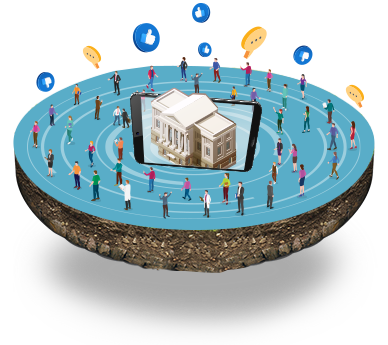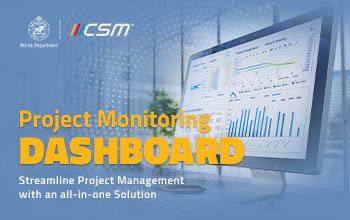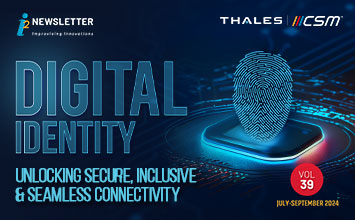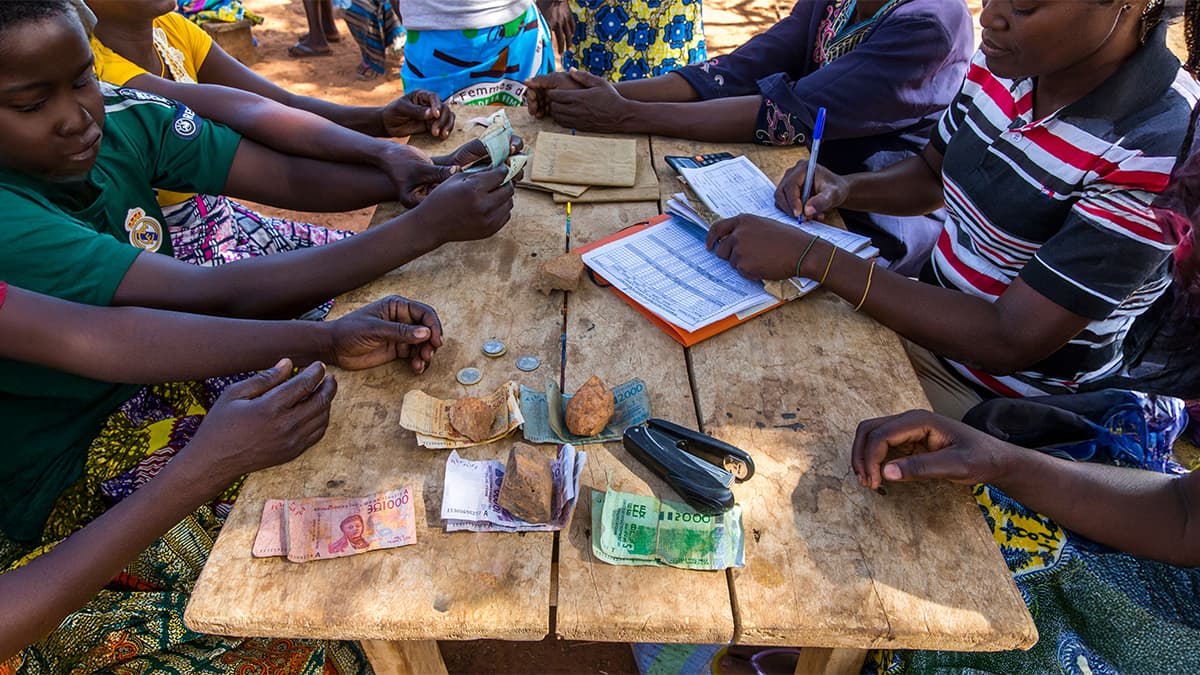.jpg)
Government-citizen interfaces are more bipartite these days. Citizen engagement has touched new highs as governments have switched from being passive-reactive to proactive. Digital technologies have added new layers of trust and transparency in citizen service delivery. Just think how seamless and frictionless the services that we avail today are! We know how unique identity systems have set new citizen identification and authentication paradigms.
Learnings from India and Estonia
If we delve into the India story, Aadhaar is a gleaming example of innovation in the digital world, boasting the world's largest digital ID system. With over 1.2 billion citizens enrolled, this system assigns unique numbers using biometric and demographic data. The impact of India's Aadhaar system is truly remarkable. By streamlining the customer verification process, the average cost of authentication has plummeted from $15 to a mere $0.5.
Likewise, Estonia's e-Residency program is like a backstage pass to the digital world, allowing individuals to establish and manage a business online without ever setting foot in the country.
Tackling the digital identification challenge in Africa
In Africa, where an estimated 500 million people lack legal identification, the demand for solid identification systems has never been more pressing. Enter the Digital Identification and Finance Initiative (DigiFI), a game-changing force looking to revolutionize public service delivery, governance, and financial inclusion across the continent through digital payments and identification systems.
DigiFI's grand vision is to provide concrete evidence of how African governments, private companies, and NGOs can utilize digital identification and finance to enhance the quality of life. Ethiopia, for example, has pledged to make digital IDs compulsory for all citizens to access government services. The country plans to register 90 million eligible citizens by 2028 for its national ID project,' Fayda.' Likewise, after battling challenges in implementing national identity systems, Nigeria has shown a renewed commitment by leveraging digital technologies to streamline the identification processes.
.jpg)
How CSM Tech surmounted the citizen authentication challenge?
CSM Tech has shown how the right authentication framework undergirded by technology can produce win-win outcomes for the citizens and the authorities. Our involvement in the Bihar Aadhaar Authentication Framework (BAAF) is a case study worth mentioning. We developed the right synergy with the Department of Information Technology, Bihar, to authenticate beneficiaries with an average of 250,000 daily transactions. The mammoth verification work also removed ghost beneficiaries from the system, helping the government target and disburse benefits better.
One of the key takeaways of BAAF is the Bihar Aadhhar Vault. It is a central storage facility for securely keeping Aadhaar numbers collected by different organizations under the Aadhaar Act and Regulations of 2016. The Aadhaar Data Vault uses vault reference keys or UID tokens to represent Aadhaar numbers within the agency's internal system. Access to the vault is tightly controlled to make sure only authorized personnel can access, update, or work with Aadhaar numbers stored in the system.
BAAF has spelled a string of benefits like:
- Minimized the risk of data breaches for beneficiaries and citizens.
- Ensured adherence to the Aadhaar Act and UIDAI circulars of 2017, which required enhanced encryption of the Aadhaar number repository through the Aadhaar Data Vault.
- Enhanced accuracy in targeting beneficiaries.
- Increased transparency in identifying genuine beneficiaries, aiding state planning and decision-making for various schemes.
- Eliminated fraudulent beneficiaries, resulting in cost savings for the public and guaranteeing benefits for the rightful recipients.
- Inclusive access for citizens, bridging the digital divide.
The future – Securing citizen IDs with decentralized systems
The citizen ID systems currently in vogue are either centralized (controlled by the Government like UIDAI-Aadhaar) or federated, where users log into third-party websites or platforms using their credentials managed by big corporations like Google or Meta. In both systems, citizens have limited control over the movement of their sensitive personal and demographic data. The spike in data breaches and compromised credentials have flagged worries about the sustainability of existing data protection systems.
The future demands that we embrace a decentralized system where users' identifying credentials are not controlled by any central authority but rather encrypted using cutting-edge digital ledger technology (DLT) like blockchain. These credentials are securely stored in a user's portable, reusable digital wallet. This innovative system not only enhances privacy and minimizes the personal information stored by third parties but also includes built-in mechanisms to deter cybercriminals. It's like having a high-tech sentinel to guard your digital identity!


























































We will verify and publish your comment soon.